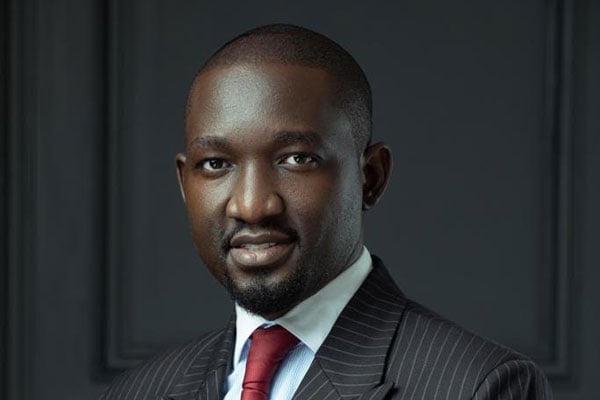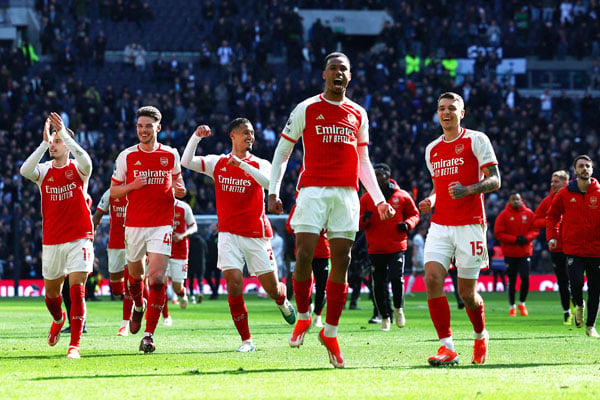Making a case for the football intermediary/ agent and why they should earn their dues legally

IVAN OJAKOL
What you need to know:
A good intermediary contract should provide for a clear and solid dispute resolution clause. Fifa under the new Regulations dispensation has set up a special Agents Chamber under its Football Tribunal that will handle disputes from the October 1, 2023 regarding Intermediary/representation contracts.
Football intermediaries otherwise referred to as agents,” play a central role in the football ecosystem. The two terms “Intermediary” and “agent” will be used concurrently in this piece. This business is big business and it is reported that Premier League clubs for example paid out a total of 174 million pounds to agents in 2016-2017.
Today’s column is as lopsided as they come and makes a case for the much-maligned football intermediary.
The industry has, however, been bedeviled by excesses and it is perhaps why Fifa decided to regulate them again after de-regulating them in 2015. I have written about football intermediaries previously, “Football agents genuinely uncomfortable as Fifa moves to regulate their services, value” regarding Fifa’s recent regulations that govern them.”
The likes of the late Mino Raiola had become superstars in their own right-Mino Raiola in the Paul Pogba transfer from Juventus to Manchester United is said to have acted for all the parties that were involved in the transaction. In Africa or even Uganda, football agents have been accused of misleading players and messing up their careers, greed, and even witchcraft.
From refusing to enter into formal contracts with them over deals even where the intermediaries have fulfilled their part of the bargain, to going behind their backs after the intermediaries have more or less negotiated the deals, to players outrightly refusing to pay them and arbitrary termination of contracts. Intermediaries have seen it all.
Agents must ensure that they have written contracts in place before carrying out any activity. These contracts should contain certain salient minimum provisions, especially on the duration and the remuneration due to the agent and the terms of payment. The new Regulations now cap agents’ commission at 3% of the players’ gross remuneration and this has to be incorporated in the contract. As far as the rightful parties in the contract are concerned, the Regulations now require the players to pay the agent themselves as opposed to clubs. The clubs are only required to pay agents where the players’ remuneration exceeds $200,000. It is therefore important that agents take note of the right parties to contract and that contract must explicitly mention who is responsible for paying them.
As stated in the Mino Raiola example, dual or multiple representation contracts have to be avoided since they are now banned by the Regulations. This is important in order to maintain the integrity of football and avoid conflicts of interest.
A good intermediary contract should provide for a clear and solid dispute resolution clause. Fifa under the new Regulations dispensation has set up a special Agents Chamber under its Football Tribunal that will handle disputes from the October 1, 2023 regarding Intermediary/representation contracts.
Where a contract does not explicitly submit to the jurisdiction of the Agents' chamber, it can still be heard by it. However, for such matters to be heard by the Court of Arbitration for Sport (CAS), there must be a clear arbitral clause submitting to CAS’ jurisdiction. Even without a clear arbitral clause, a contract concluded in Uganda, or with a party in Uganda can still be determined by the High Court of Uganda.
There will always be instances where players and clubs deliberately do not sign or conclude contractual offers with and from intermediaries in order to evade liability. CAS has determined previously that as long as an intermediary has performed an activity that is potentially demonstrable and has evidence to that effect for example telephone records, emails, flight tickets, or social media exchanges in this day and age among others, a contract can be inferred.
CAS has concluded that what matters is “the causality of the intermediary’s intervention in the deal”. In essence, as long as the intermediary can show that they are the effective cause of the transaction, they should be remunerated.
An agent is crucial in the football ecosystem and has a fiduciary duty, especially towards the payer, and is expected to safeguard and act in the interest of their client premised on trust and good faith. As long as they carry out this role ethically and effectively, they should earn their dues. Stop cheating intermediaries!
Ojakol is a Sports Lawyer, Partner at Matrix Advocates, and Law Lecturer at IUEA
Contacts:0791683986/0787261019




